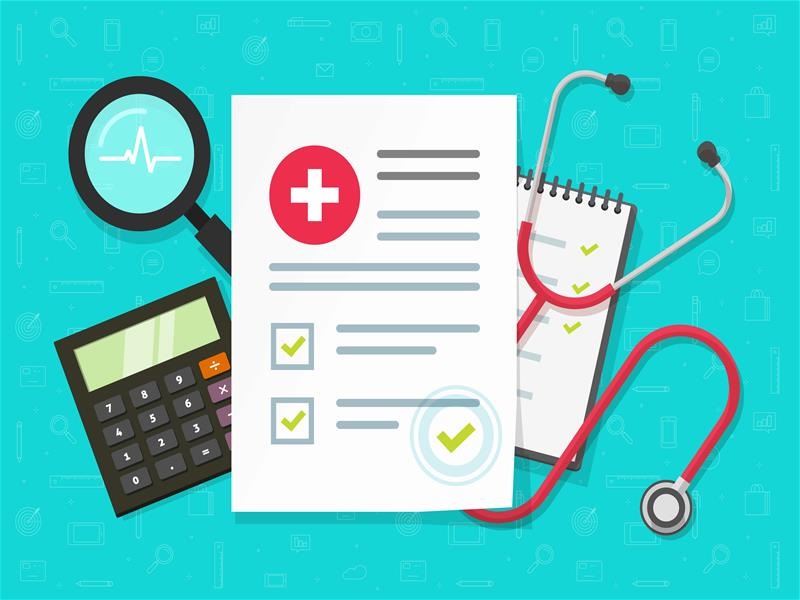Prescription medications can provide significant benefits in treating various health conditions, but they can also come with potential risks and side effects. Understanding your options and the potential benefits and risks associated with them can help you make informed decisions about your health.
Benefits of Prescription Medications
Prescription medications can provide several benefits in treating acute and chronic health conditions. Some of the benefits include:
Treating Chronic Conditions: Prescription medications can help manage chronic conditions like diabetes, hypertension, and high cholesterol.
Improving Quality of Life: Medications can provide symptom relief, improve quality of life, and help individuals maintain independence.
Reducing Risks: Certain medications can help reduce the risk of developing certain health conditions. For example, taking aspirin daily may reduce the risk of heart attacks or strokes.
Slowing Disease Progression: Medications can help slow the progression of certain diseases, such as multiple sclerosis or Parkinson’s disease.

Treating Acute Conditions: Prescription medications can help treat acute conditions, such as bacterial infections, allergies, and pain.
Risks of Prescription Medications
While prescription medications can provide significant benefits, they can also come with potential risks and side effects. Some of the risks associated with prescription medications include:
Side Effects: Prescription medications can cause side effects, which can range from mild to severe. Some common side effects include nausea, dizziness, headache, and fatigue.
Adverse Reactions: In some cases, prescription medications can cause adverse reactions, which can be life-threatening. For example, some individuals may experience an allergic reaction to a medication.
Drug Interactions: Prescription medications can interact with other medications, supplements, or foods, leading to potentially harmful effects.
Overuse and Misuse: Overusing or misusing prescription medications can lead to addiction, overdose, or other harmful effects.
High Cost: Prescription medications can be costly, making them difficult to access for some individuals.
Understanding Your Options
When it comes to prescription medications, it’s essential to
understand your options and the potential benefits and risks associated with them. Your healthcare provider can help you understand which medications are best for your individual needs, based on factors such as your health history, current health status, and other medications or supplements you may be taking.
In addition to prescription medications, there may be non-pharmacological options to consider, such as lifestyle modifications, therapy, or alternative treatments. In some cases, non-pharmacological options may be just as effective as prescription medications, with fewer potential risks and side effects.
Ultimately, it’s important to take an active role in your healthcare and make informed decisions about your treatment options. Understanding the potential benefits and risks of prescription medications can help you make informed decisions about your health and well-being.





